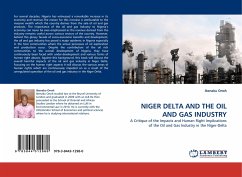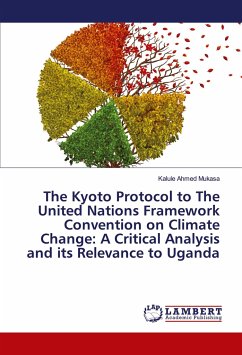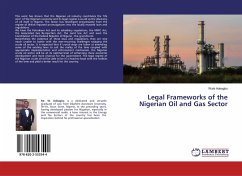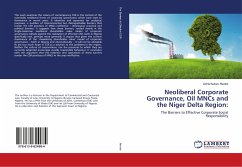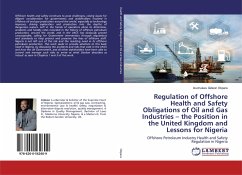The prospect of Uganda becoming an oil producing country has caused a lot of excitement among many Ugandans. Even the Government has boasted of the possibility of import savings of about a billion dollars (almost two trillion shillings) a year if the country s oil needs are met from domestic oil supply, freeing much needed foreign exchange, and even the possibility of Uganda becoming a net oil exporter. The importance of the development of a country s oil sector is the revenue that will be created for the government. However, to achieve this, an appropriate fiscal regime must be designed. Every government should aim at designing a fiscal regime that will attract investment, while at the same time ensuring a flow of revenue for the government. This paper is set to examine the appropriateness of Uganda s fiscal regime for the oil industry for attracting further investment into the oil industry. Given the global nature of the industry and the fact that Uganda is still a new entrant in this oil industry, it has to compete to attract multinational oil companies with already established oil producing nations.
Bitte wählen Sie Ihr Anliegen aus.
Rechnungen
Retourenschein anfordern
Bestellstatus
Storno


